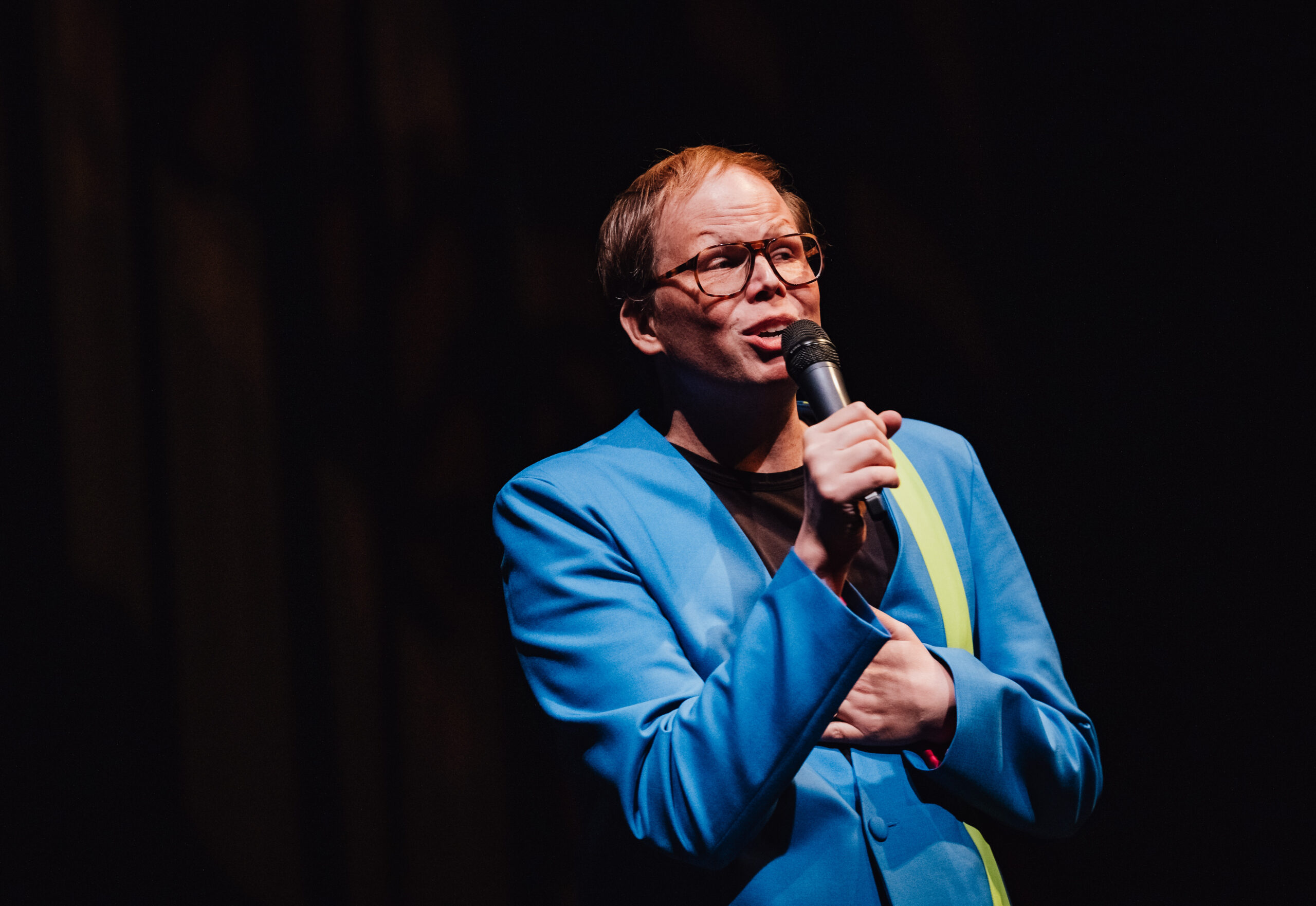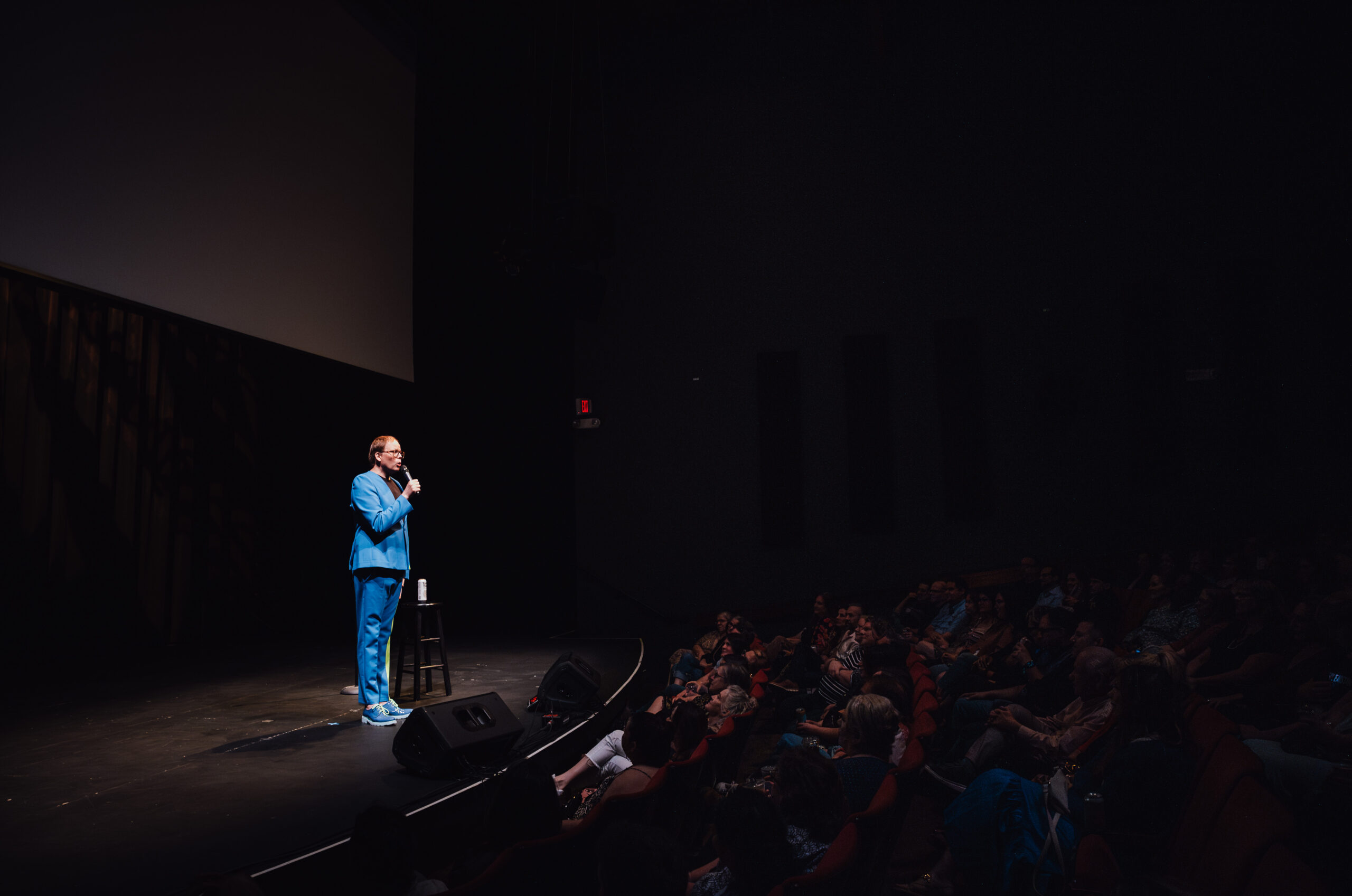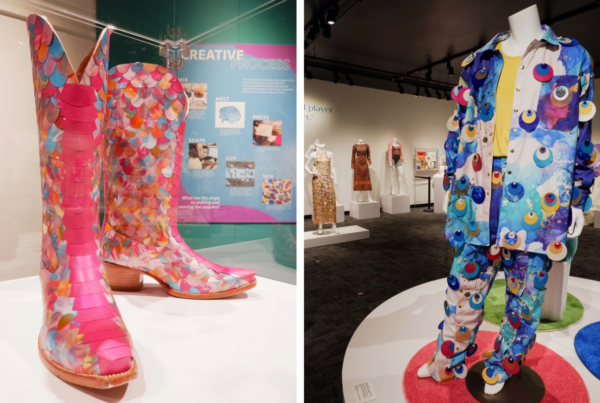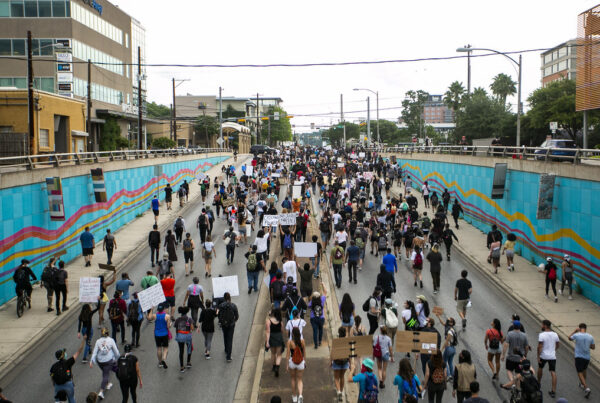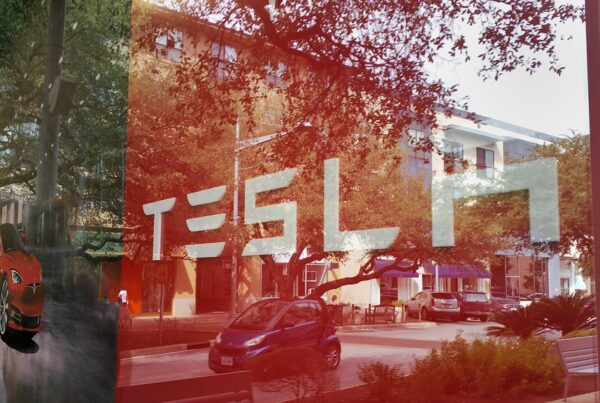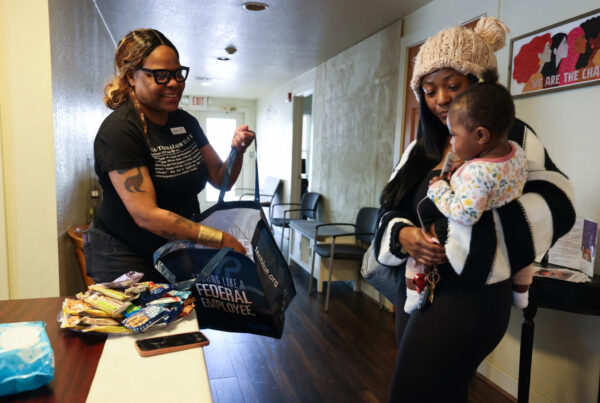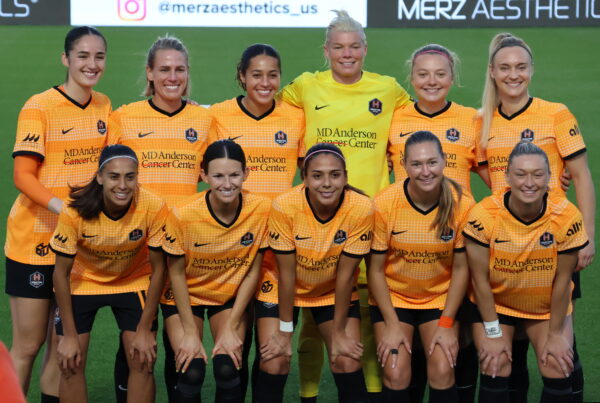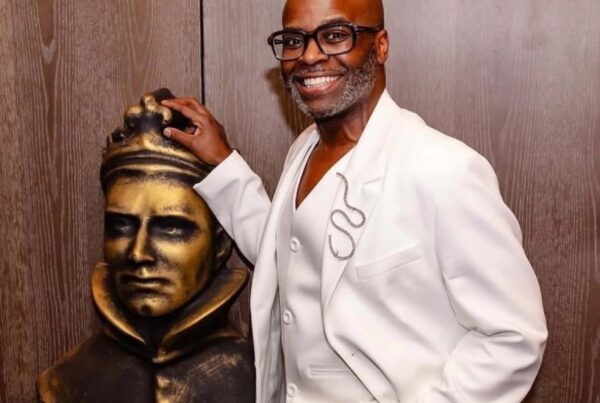When people think of comedy, they often first think of New York or Los Angeles or Chicago. These are cities that have improv scenes, big creative communities, and a lot of opportunities to get noticed.
Well, what about Austin? There’s a growing comedy community in the capital city, which hosts the annual Moontower Comedy Festival.
Jeff Hiller is a comedian who’s been in the industry for more than two decades and worked on shows like “30 Rock,” “Community” and, most recently, the critically acclaimed HBO series “Somebody Somewhere.”
He’s also a San Antonio native who recently made a trip back to his home state for the Moontower Fest. Listen to the interview above or read the transcript below.
This transcript has been edited lightly for clarity:
Texas Standard: How would you describe your comedy when you’re on stage? Not when you are performing on the screen.
Jeff Hiller: I think I would be considered an alt comic. I lean more into storytelling and just mining stuff from my life. Don’t say anything around me that you don’t want on stage, because I will take it.
So what was it like growing up in San Antonio? How did that inform your career as it stands now?
Well, I spent my entire childhood here, so yeah, it must have informed me somewhat, right? I think that one of my jokes in my standup is San Antonio – it’s a great place to visit, but I wouldn’t want to grow up gay there in the ’80s.
I mean, can you give me a little sense about, I don’t know, just what was it like there in the ’80s? If you close your eyes and put yourself back, what’s it feel like?
Don’t make me close my eyes and put myself back. What is this, therapy?
You know, I am sort of flippant about it, but it was difficult to be different. I’m sure it would probably be difficult to be different anywhere. But, you know, I was growing up in a place that worships football on Friday nights. And I was like, “what about choir concerts?” And they were like, well, “that’s not right.”


